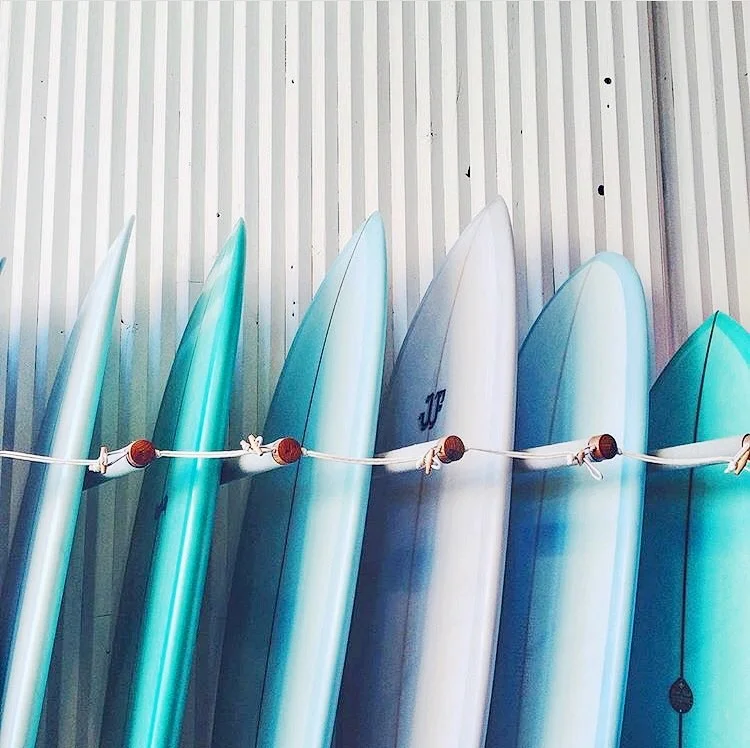Climate Change
Climate Change
A guide on how to protect the tides of our oceans, the lands we roam, and pave a cleaner road for the future, à propos of Before The Flood and post-election of a climate change-denier . . .
Home
dishwashing
Dishwashers zap water and energy, so hand wash your dishes as often as possible and only run the dishwasher when it's completely full.
lighting
Install energy-efficient lightbulbs and turn them off when they're not in use. If possible, unplug them if they're not used often or daily. LED light bulbs use up to 80 percent less energy than traditional incandescent light bulbs and they last longer.
appliances
Make sure that your appliances are running properly and replace old ones, such as refrigerators and the commonly missed water heater with more efficient models. When looking for a replacement, search for the U.S.-based ENERGY STAR certification to ensure energy efficiency. For your current appliances, adjust the settings to 36-37 degrees Fahrenheit/2-3 degrees Celsius for the refrigerator; 0 degrees Fahrenheit/-18 degrees Celsius for the freezer; 120 degrees Fahrenheit/49 degrees Celsius for the water heater; and wash your clothes in the washer with cold water, not hot.
water
Turn off the faucet when scrubbing dishes, brushing your teeth, cleaning your face, and when soaping up in the shower. Try to reduce your showers by a minute and opt for warm or cold water, the latter of which also has the benefit of improving the body's circulation in addition to using less energy.
Give up bottled plastic water and opt instead for filtered tap water. After an intense search, I have settled on this water filter and absolutely love it. It lasts a year and tastes so clean after its 10-stage purification process.
cleaning / drying
Opt for hanging your clothes to dry around the home instead of using the energy-zapping dryer. This is not only a safer option for the planet but it's also more gentle on your clothes and will make the fabric and colours last longer.
heating / cooling
Lower your thermostat by 4 degrees Fahrenheit/2 degrees Celsius during the day and by 18 degrees Fahrenheit/10 degrees Celsius at night to conserve energy. If you're often too cold, like me, put on a sweater and layer up during the day and use a blanket at night.
recycling / composting
Recycle your glass, aluminum, plastic, and paper to save up to 582 pounds of carbon dioxide per year, which is equivalent to 600 miles of driving according to the EPA. We don't have glass recycling in our West TX town, so we diligently collect them all and recycle it in a nearby town (which is 99% Topo Chico bottles--if you're reading this, Topo Chico, I'm this close to becoming a bubble in your bottle). You can also set aside a rubbish bin to compost food scraps and compostable paper goods.
unplug
Completely disconnect unused electronic devices, such as TVs, the stereo, and computers when not in use. Use power strips for appliances, as they detect appliance usage and flow the proper amount of electricity accordingly. Unplug your phone and laptop chargers when you're not charging them, and don't charge them overnight--not only does that drain energy but it's also not good for the devices themselves.
trash
Bring reusable bags to the grocery store and reduce your usage of paper & plastic bags at home. Don't forget produce bags as well! I highly recommend buying these bags for produce.
outdoors
If you have a garden or lawn, consider turning it into a xeriscape garden.
Food
meat
This is not a call to change your diet but be more conscientious about your dietary decisions. Buy only sustainably-raised, grass-fed, and pasture-raised meat when and if possible. It costs more than a pretty penny, but the price difference will reduce your consumption and your impact on Earth.
brown bag
Prepare and bring your own meals to work and buy food in bulk, with the above-mentioned produce bags or glass jars, to reduce packaging.
bottled water
As previously mentioned, stop or reduce at minimum your bottled water consumption. You can read more about the impact of bottled water and its effects on our body in my Hydration post here--not only is bottled water bad for the environment but it's also bad for our bodies. Reducing your bottled water consumption also means reducing fossil fuel usage.
Road
fuel efficiency
Save the planet and on gas by opting for electric, hybrid, or a super fuel-efficient car. National Geographic recommends this electric car calculator by the Union of Concerned Scientists to take electricity source in your area into account. Otherwise, maximise the fuel efficiency of your current car by keeping your tires inflated, avoiding going over the speed limit, and reducing the weight in your car by keeping your trunk clear of excess baggage.
alternative options
Go for a run, bike, walk, or at the very least, carpool to your destination instead when and if possible.
carbon offsets
You can consider buying carbon offsets for your travel by learning more about it from the NRDC's guide.
Further Reading
Read more about green living on my Tips to live a Zero-Waste Lifestyle
sources
www.beforetheflood.com | www.nationalgeographic.com | www.360energydiet.com
Please share the graphic below to encourage others to reduce their carbon footprint . . .



